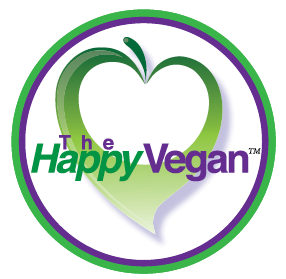Food Label Claims
Understanding the TRUE meaning of labels can be a challenging task. Words like “healthy,” “non-GMO,” and “organic” are everywhere these days. Many food labels can be confusing, so knowing what a food claim truly means is a great way to educate yourself about where your food comes from and how it has been produced. Below is a list and brief description of some common food claims. New food label claims arise regularly, so if you come across a new phrase, be sure to take some time to do your own research and learn what it really means.
FAIR TRADE
The “fair trade” label means that farmers and workers, often in developing countries, have received a fair wage and worked in acceptable conditions while growing and packaging the product. Teas and chocolates are industries you will often see touting the “fair trade” label.
GMO-FREE, NON-GMO, OR NO GMOS
GMOs, or genetically modified organisms, are plants or animals that have been genetically engineered with DNA from bacteria, viruses, or other plants and animals. Products can be labeled “GMO-free” if they are produced without being genetically engineered through the use of GMOs. There is mixed information about the effects of GMOs on our bodies, but my philosophy is the “more real, the better”. Thus I prefer to eat foods that are grown as initially intended – without any modification! But that’s just my opinion………………..
HEALTHY
Foods labeled “healthy” must be low in saturated fat and contain limited amounts of cholesterol and sodium. Certain foods must also contain at least 10% of the following nutrients: vitamins A or C, iron, calcium, protein, or fiber. Be aware of the “healthy” claim because the word, “healthy”, doesn’t mean the same thing to all of us!
NON-IRRADIATED
This label means that the food has not been exposed to radiation. Vegetables are sometimes irradiated (exposed to radiation energy) to kill disease-causing bacteria and reduce the incidence of foodborne illness. No thorough testing has been done to know if irradiated food is safe for human consumption. But something inside me tells me that I may not want to eat foods that have been exposed to radiation….again, that’s just my opinion!
ORGANIC
All organic agricultural farms and products must meet the following guidelines (verified by a USDA-approved independent agency):
- Abstain from the application of prohibited materials (including synthetic fertilizers, pesticides, and sewage sludge) for three years prior to certification and then continually throughout their organic license.
- Prohibit the use of genetically modified organisms and irradiation.
- Employ positive soil building, conservation, and crop rotation practices.
- Avoid contamination during the processing of organic products.
- Keep records of all operations.
If a product contains the “USDA Organic” seal, it means that 95 to 100% of its ingredients are organic. Products with 70 to 95% organic ingredients can still advertise “organic ingredients” on the front of the package, and products with less than 70% organic ingredients can identify them on the side panel. Organic foods prohibit the use of hydrogenation and trans fats.
I’d love to hear from you and some of the food label claims you’ve encountered and what they really mean!





Leave a Reply
Want to join the discussion?Feel free to contribute!